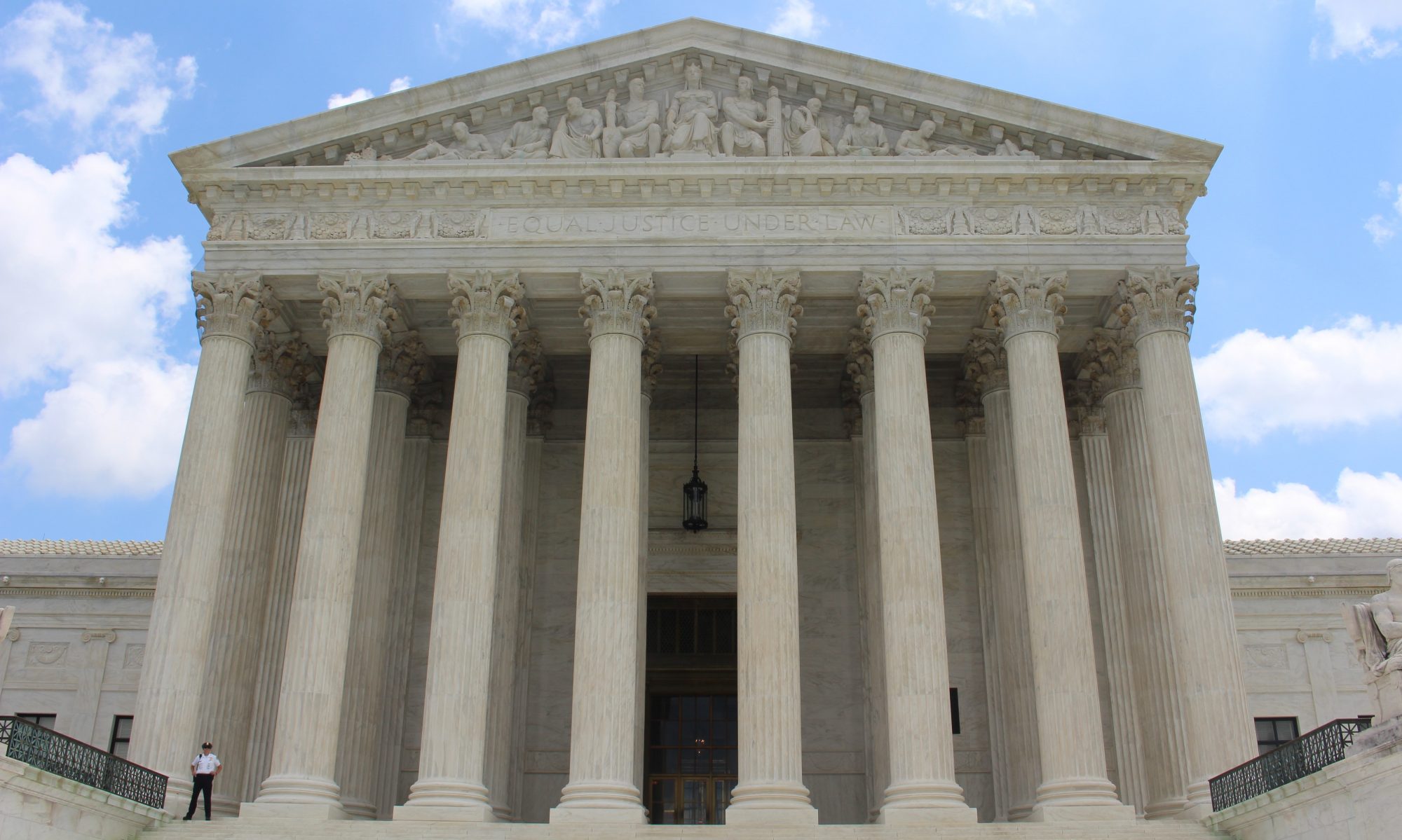“According to the Equal Employment Opportunity Commission, sexual harassment of adolescents at work may constitute a serious, but to date largely undocumented, problem. Courts respond inconsistently to adolescent “consent” in sexual harassment employment cases. This Article reviews state criminal statutory rape law, federal civil law, and tort law to reveal the conflicting legal treatment of adolescent capacity to consent to sex. It highlights conflicts not only between the criminal and civil systems, but also between sister states’ laws and laws within states. For example, this Article finds that despite criminal sexual abuse laws, courts permitted employers to use adolescent “consent” as a defense to sexual harassment in approximately fifty percent of the surveyed common law tort cases across the nation. After exploring the public policy goals for these various laws, this Article concludes that these goals do not justify the blatant conflicts between tort and criminal laws. This Article recommends both administrative and statutory reform to protect minors from the predation of adult supervisors and employers. Particularly, it recommends a strict liability standard in an approach that makes an adolescent’s consent to sex with an adult at work voidable by the minor.”
